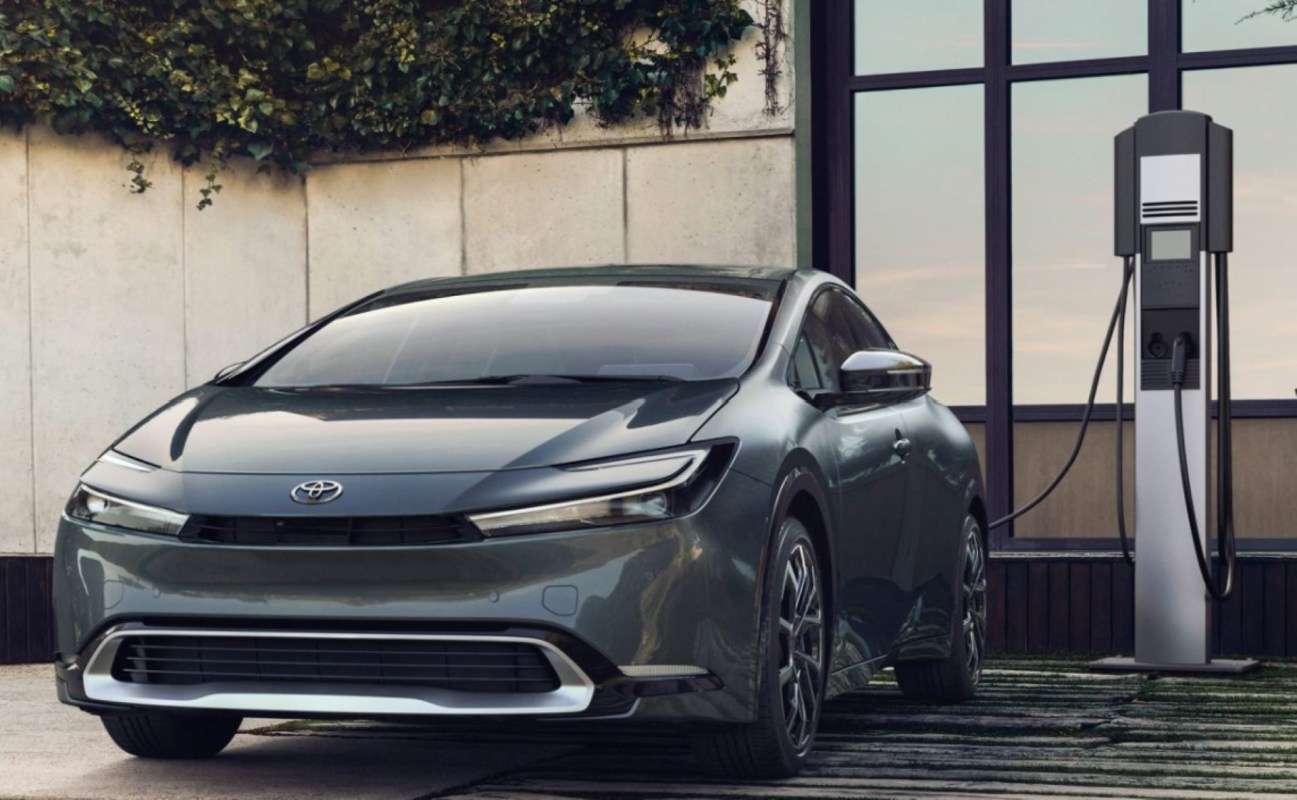With an increasing number of people buying electric vehicles (EVs) every year, many have wondered if they can combine them with another ground-breaking, eco-friendly technology — solar panels.
For a long time, it was impossible to fully run an EV on solar energy, but things might change soon as many companies are introducing vehicles with solar power systems.
What is changing?
In November, Toyota announced its next-generation Prius, which includes an option for a solar roof that can charge its battery. While earlier models could power the air conditioner, the new model's solar panel could charge the battery while the car is parked. Although it does not generate a lot of power, it is enough to run for a small number of miles, and it's free.
Toyota is not the only company rethinking its electric vehicles. In 2022, Sono Motors announced a five-seater car named Sion that was entirely covered with solar technology that charges the car's smaller battery from any angle. Although the car was discontinued and the concept put up for sale earlier this year, the company claimed that, with solar power, the car could extend its range by 150 miles per week under ideal conditions.
"So this car gives you per year 5,700 miles free of charge … free of any costs because it comes from the sun. This is roughly 15 miles a day, which is perfect for commuters," Laurin Hahn, co-CEO and co-founder of Sono Motors, told CNBC in 2022.
Lightyear is trying to reinvent electric vehicles by producing cars with five square meters (about 54 square feet) of integrated solar panels on the top and the hood. This solar technology can mean an estimated 500 miles between charges.
Why does it matter?
Although many people wanted to integrate solar energy with EVs, there have been many challenges in bringing that to reality. The main issue was that solar panels made to fit on the top of a car were simply not large or powerful enough to power the entire vehicle, or cars lacked the space for a large enough solar collection system.
Consumer demands and advances in science will result in more vehicles running on solar power systems in the future. And eventually, renewable energy sources like solar power could revolutionize the EV industry.
What more can we expect in the future?
Beyond cars, the use of solar technology could be implemented in larger vehicles such as trains or trucks. Sono Motors are piloting solar technology for a variety of large automobiles such as buses, refrigerated vehicles, and recreational vehicles.
In solar-topped trailers, single-digit percentage gains in range or recharging time could equate to huge amounts of savings of money. Overall, integrating solar energy with EVs could be a much more cost-effective and greener option.
"More and more manufacturers are starting to realize that the bigger battery will still remain very expensive going into the future. So efficiency really is the way to increase that range without needing to pay for a large battery," Lex Hoefsloot, CEO of Lightyear, told CNBC.
Join our free newsletter for weekly updates on the coolest innovations improving our lives and saving our planet.









